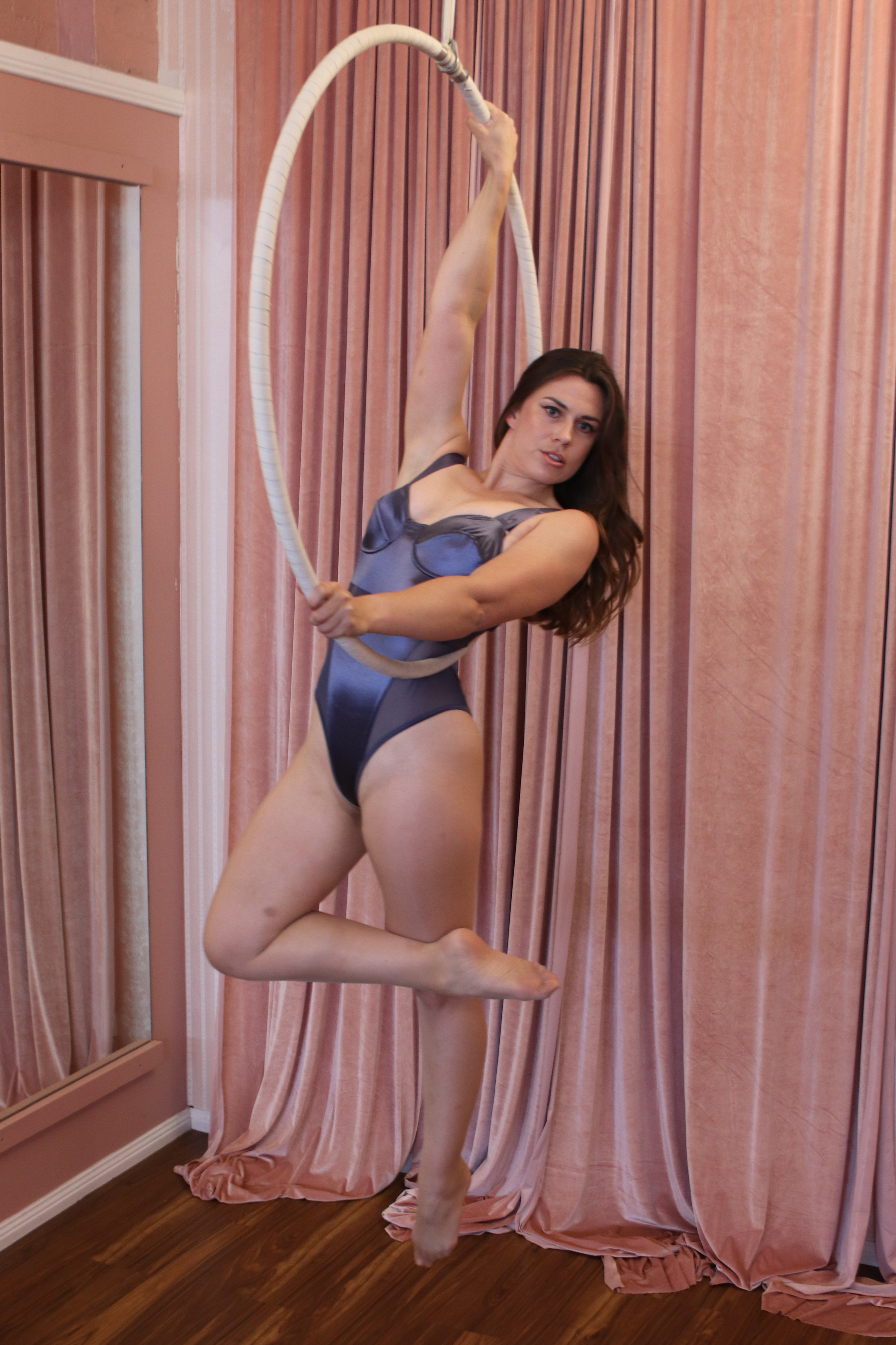Words by Dasha Maiorova, she/her | Images by Suzy Lafosse
CW: Mental illness (depression)
Dash (she/her), a former librarian, fell in love with lyra in 2019. She’s @lyra.mermaid on Instagram and is still learning to make eye contact. She lives and works on Dharawal Country.
I have a favourite quote by the art critic John Berger: “You painted a naked woman because you enjoyed looking at her, put a mirror in her hand and you called the painting ‘Vanity’… morally condemning the woman whose nakedness you had depicted for you own pleasure” (John Berger, Ways of Seeing, 1972). The nude woman is a classic trope in art, but she’s most frequently depicted by men, and intended to be scrutinised by a male gaze.
Where women take photos of themselves – though this generally applies to anyone taking a ‘selfie’ – there is a unique brand of derision levelled at them. It’s ironic that in a moment where a person can exert control over the framing and depiction of their face and body, this is derided as vanity. It’s generally considered prideful, shameful, and yet, it is a photograph in which complete autonomy is afforded to the selfie-taker. To some extent, we’re conditioned to downplay any pleasure we take in our own aesthetic.
And then there’s Sky Sirens. I remember the first trial class, and then the first week of Babydoll Lyra in July 2019. From the beginning, we were suggested to take videos, take photos – capture progress, feel pride at what your incredible body can achieve. We’re here to defy gravity after all.
I write this with acknowledgement of my own privilege – my body is societally more ‘acceptable’ than other bodies. And while greater body positivity gains traction, I do experience an easier path to writing about bodily perception as a white, able-bodied person. I think though, regarding self-reflection, there are very few of us who attend Sky Sirens who don’t realise the value of being able to take control of our own image.
One of the most confronting things about those early classes, and it remains to this day, are the mirrors. Wall to wall, like any dance studio and many gyms. I didn’t want to cite my own history of poor mental health by way of depression, but I suddenly find it unavoidable.
There is very little hiding from the Dollhouse mirrors. You look, the reflection looks back. You lift your arm. She lifts hers. Is that you? You never realised your body moved that way. It’s imperfect, in so many ways. Some days there is complete lack of coordination. Some days, fatigue, and pain from the outside world. But even on those days, the reflected self is there – that’s you, and you can only claim her.
I often have difficulty making eye contact with myself in mirrors, a relic from mostly housebound depression that peaked in high school. The echoes of that period still wreak havoc. My memory of my mirror self in those days is one of shock. I looked in mirrors so rarely those days, washed so infrequently in those days, that there was always a lack of recognition.
That mirror self, and that self in the video, in the photos you take, changes each week. For me, there has been a change from inside to outside. I catch sight of muscle, or a smile, or my eyes.
Has anyone else had that strange experience in COVID-times: the Zoom webcam effect? It’s hard not to watch your own face. We each become parakeets in our digital mirror. I’m not sure why there is this fascination with our reflection, but its primitive. I believe it’s also part of the wonder of how others might perceive us. We inhabit our bodies 24 hours a day but often forget what that means, often forget to look after ourselves or forget gratitude to our bodies and what we can accomplish with them.
And so, I think there’s a reason we suddenly can’t avoid catching sight of our digital twin self in the mirrors at the studio. They are imperfect, but let’s keep reminding ourselves that imperfection and flaws are the most wondrous of things, they make ourselves our selves. It’s from trial and imperfection that new discoveries are made.
Seeing the dance and gestures made by our mirror selves, it’s a way of perceiving ourselves in ways that we take for granted as we inhabit our bodies. There’s no greater reminder of that than when you suspend your body on a curved piece of metal (or a pole, or a length of stretchy material, or behind a feathered fan). We can experience and relive the wonder of this moment when we look back later.
The selfie, in a sense, is performative. It is a statement and a claim of identity – whether filtered or raw, it is framed in exactly the way the taker has intended. The selfie-taker has the ultimate control in how their image turns out. No wonder selfies stir so much hate. There are assertions that ‘selfies’ promote a culture of narcissism, harmful comparative attitudes, and skewed self-perception. Perhaps. But taking the time to look back at a moment, that video in class, how many times has that felt gratifying? After a day of work problems, therapy problems, family problems, relationship problems – suddenly you can relive the moment you were able to fly.
I try to remember why I began lyra. I can’t recall seeing it before the context of Sky Sirens. It seemed to emerge from nowhere - this concept. I have never danced before. The only sport I ever did was swimming, and I stopped that when I started high school because I couldn’t leave the house except under threat of expulsion. The sensation of that spinning metal hoop was something unlike anything I’d ever experienced before, and the shapes created by the figure on the hoop, I never thought she could make those forms, even in Babydoll Lyra. I thought myself so unsuited to it.
I left that first class nauseous for the rest of the night, sore, uncertain. And yet… looking back at that video, of a very clumsy first try, with the incredible Wednesday Baddams calling out every move for us in our first-timer combo… I felt exhilarated.
We look for beauty everywhere, and we need beauty in our lives. It feeds our soul to see art. There are so many reasons dance has been intrinsic in human culture from its beginning.
Being able to reflect on our own individual sense of beauty and evolution is something to be celebrated. It’s worth celebrating in a world that turns ugly with such ease. So don’t be embarrassed at wanting to capture those moments in which you felt beautiful or graceful, or just felt fun.




